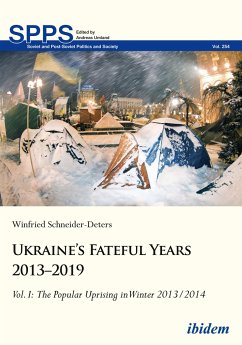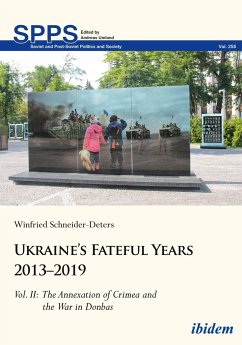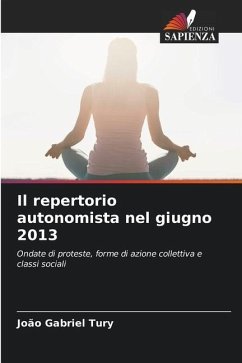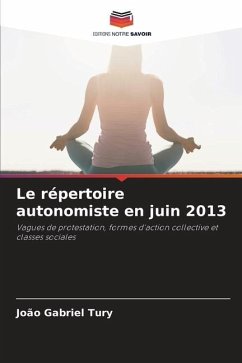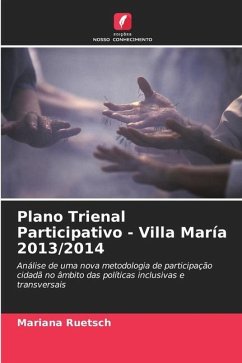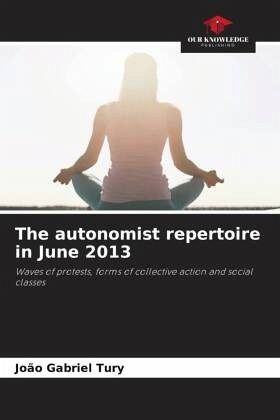
The autonomist repertoire in June 2013
Waves of protests, forms of collective action and social classes
Versandkostenfrei!
Versandfertig in 6-10 Tagen
47,99 €
inkl. MwSt.

PAYBACK Punkte
24 °P sammeln!
The wave of protests in June 2013 went through different phases: the first, the initial period of mobilization, was characterized by the national confluence of waves of local protests related to public transport; the second phase, of diffusion and peak mobilization, was characterized by a process of social and political overflow, with new sectors and new agendas joining the protests; finally, in the third phase, of demobilization, there was an ebb in the demonstrations. In this book, we try to understand how the three main types of repertoire found among the protesters (the autonomist repertoi...
The wave of protests in June 2013 went through different phases: the first, the initial period of mobilization, was characterized by the national confluence of waves of local protests related to public transport; the second phase, of diffusion and peak mobilization, was characterized by a process of social and political overflow, with new sectors and new agendas joining the protests; finally, in the third phase, of demobilization, there was an ebb in the demonstrations. In this book, we try to understand how the three main types of repertoire found among the protesters (the autonomist repertoire, the socialist repertoire and the patriotic repertoire) fluctuated with the changes in the dynamics of the wave of protests: we see how the autonomist repertoire, predominant in the first phase, began to compete for influence with the patriotic repertoire after the social and political overflow. Having identified the specific repertoires used by the protesters, we have highlighted the importance of understanding social classes and the class struggle in order to explain the constitution of forms of collective action.







